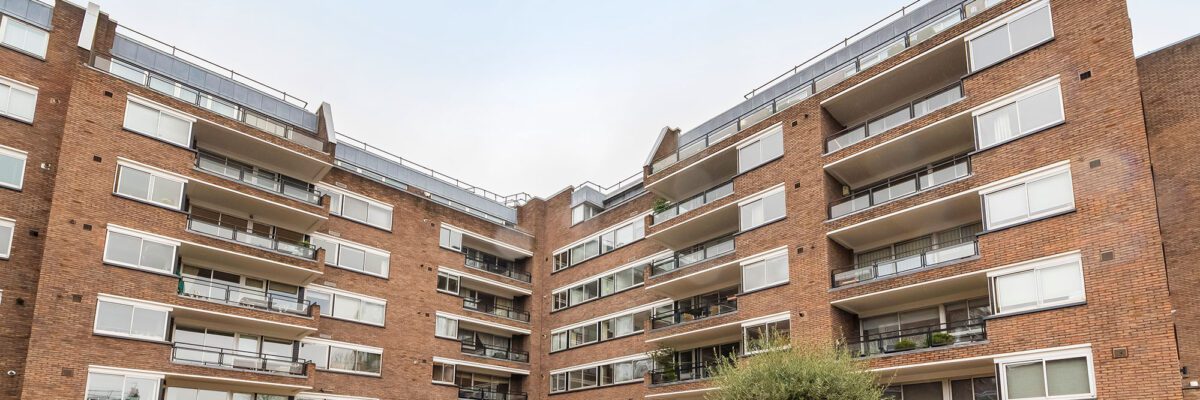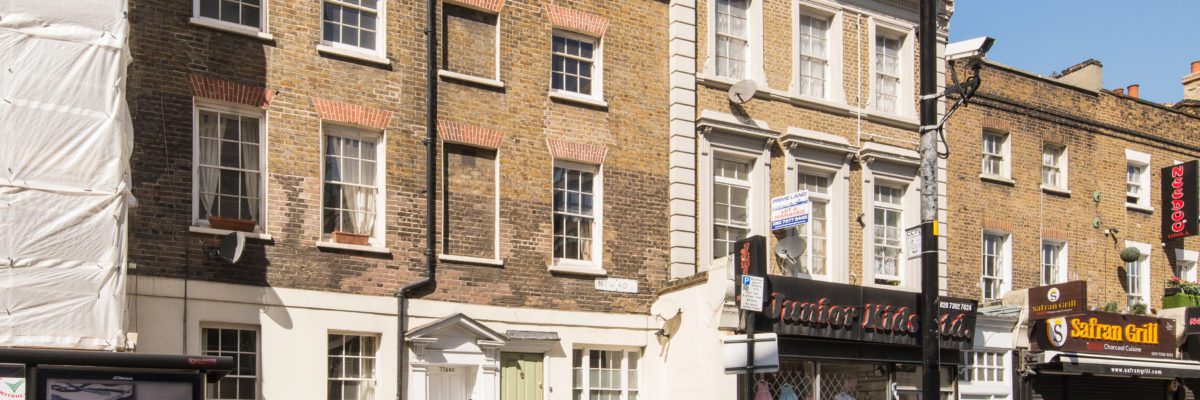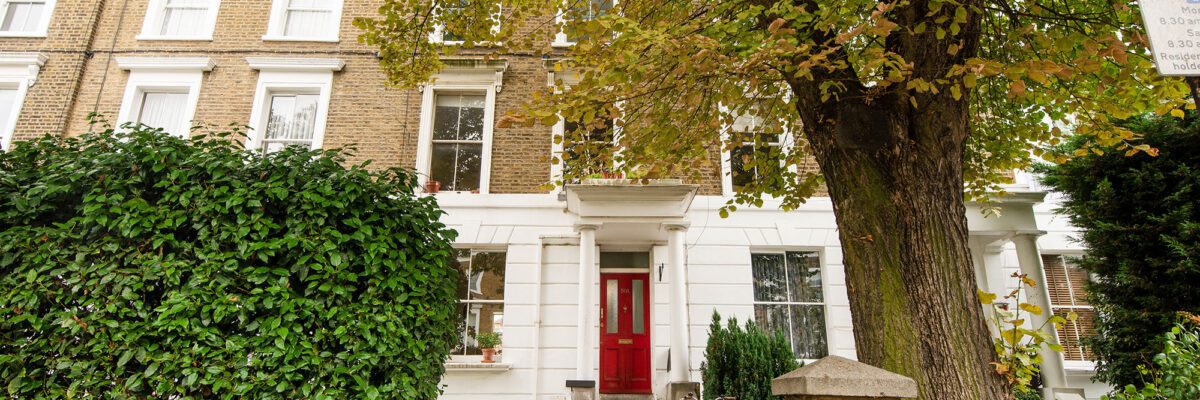There’s an interesting note in today’s Lex column in the FT saying that buy-to-let investors are the winning due to high inflation and the increase in people renting rather than buying…
Housing market: renting on the rise
A large earthquake is usually followed by aftershocks as the earth finds its new equilibrium. In the same way, the housing markets in the US and UK are taking a while to adjust in the aftermath of the financial crisis. Lending is tight, and many sellers are unwilling to accept comparatively low prices. So it is no surprise then that renting has become more popular. In the US, almost 10 per cent more households now rent compared with the peak of the property boom.
The wacky thing is, people should be tripping over themselves to become homeowners. For the first time since at least 1981, the median monthly rent in the US is now higher than the median monthly mortgage payment, Capital Economics points out. In the UK, the interest rate on many mortgages is lower than inflation. Yet the opposite has occurred. US home prices in the first quarter fell 2.5 per cent compared with the previous quarter, almost as much as falls during the middle of the recession, and rental vacancy rates have fallen about 15 per cent since the start of the crisis. UK prices have stayed essentially flat.
Homebuyers have been scared away by a combination of high unemployment, economic uncertainty, and a lack of finance. In both the US and UK mortgage lending sits around half the pre-recession level. Indeed, two-thirds of non-homeowners in the UK believe they have no prospect of buying a home, according to a study sponsored by lender Halifax.
The winners are buy-to-let investors. The rental yield on a US house is creeping towards 5.5 per cent, the highest level in a generation. If home prices fall further, yields for new investors will increase accordingly. Sounds great, but the profits are reserved for those with plenty of cash reserves.



